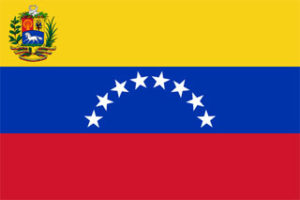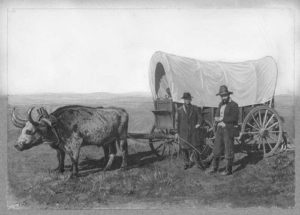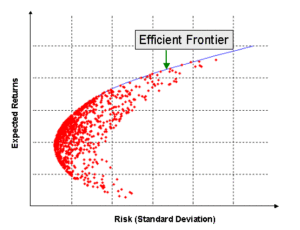Previously I wrote about House Money and taking chips off the table. That is, selling some of your stock holdings that have increased in value over the past year or several years.
Today’s posting addresses what you should do with the chips that you cash in. I offer a different take than many other financial planners.
Congratulations!
First of all, if you have made money in the market lately, you should feel good about yourself. But, a rising tide lifts all boats, right? Even a fool can make money in this market, right? Well, not all boats rise, and some really smart investors have still lost money. Lee Ainslie, the renowned manager of the Maverick hedge fund, has lost money this year and is reducing his fees in order to stay alive (Wall Street Journal, October 19, 2017). It is never easy to make money in the market, even in a bull market, because there are always arguments the other way. Cognitive bias also plays a part – you don’t like the current President, so you are going short, or vice versa. Biases usually lead you down the wrong path. If you have made money investing in the market for the past year, you are due plaudits.
What Next?
If you have some House Money – profits that you want to sell – you next should ask yourself, What should I do with these profits? Maybe you decide you will ask a financial planner what you should do. I’m guessing that many financial planners would counsel you to be cautious and to reduce the risk in your portfolio. Reduce your stock holdings and increase your bond holdings, for instance. Maybe move from 70/30 stocks to 60/40 stocks. After all, the reason you sold your profits is that you think the stock market is getting too risky, too overvalued, and you are concerned about a deep correction. Better to protect yourself from the correction.
Different Idea
While it is sound advice, it is also boring. My advice is: You have just created some Fun Money for yourself, so go have fun with it! Buy yourself a new car, whether a luxury car or just a plain one you need. Luxury car sales are up due to the “wealth effect” of people feeling more wealthy due to their stock market gains, per this article in TheStreet.com:
https://www.thestreet.com/slideshow/14023913/1/6-super-luxury-cars-selling-like-crazy-because-of-trump-s-stock-market-surge.html
Other ideas for your fun money:
- Improve your house!
- Vacation!
- New clothes or other shopping!
I am not suggesting spending all your profits. Just enough to make yourself happy and to give yourself a pat on the back.
Speculate
One last idea for your profits, your Fun Money, that I will put out there: Speculate. Instead of spending all of your fun money, you should think about creating more fun money. Great speculation opportunities can often be found in the latter innings of a bull market. For instance, new tech companies that have been able to grow because of economic growth may now be looking to go public. Maybe you should invest in a new IBO. Not a lot; just a little. Watch it like a hawk. Stay up to date on the company’s situation. Read their press releases and SEC filings. Then maybe invest in a second new company. Soon you will have a decent portfolio that will keep you interested. Make Investing a hobby. It is good to have hobbies such as investing that could make you money, rather than traditional hobbies such as golf that likely won’t make you money and could cost you a lot of money.
Caveat
One word of warning prior to starting your speculation hobby: Make sure your house is in order before you do so. Pay off all expensive debts such as credit card debt. Make sure your remaining investment portfolio is consistent with your desires and in line with your goals. You may want to consult with your Financial Planner as part of this process.





